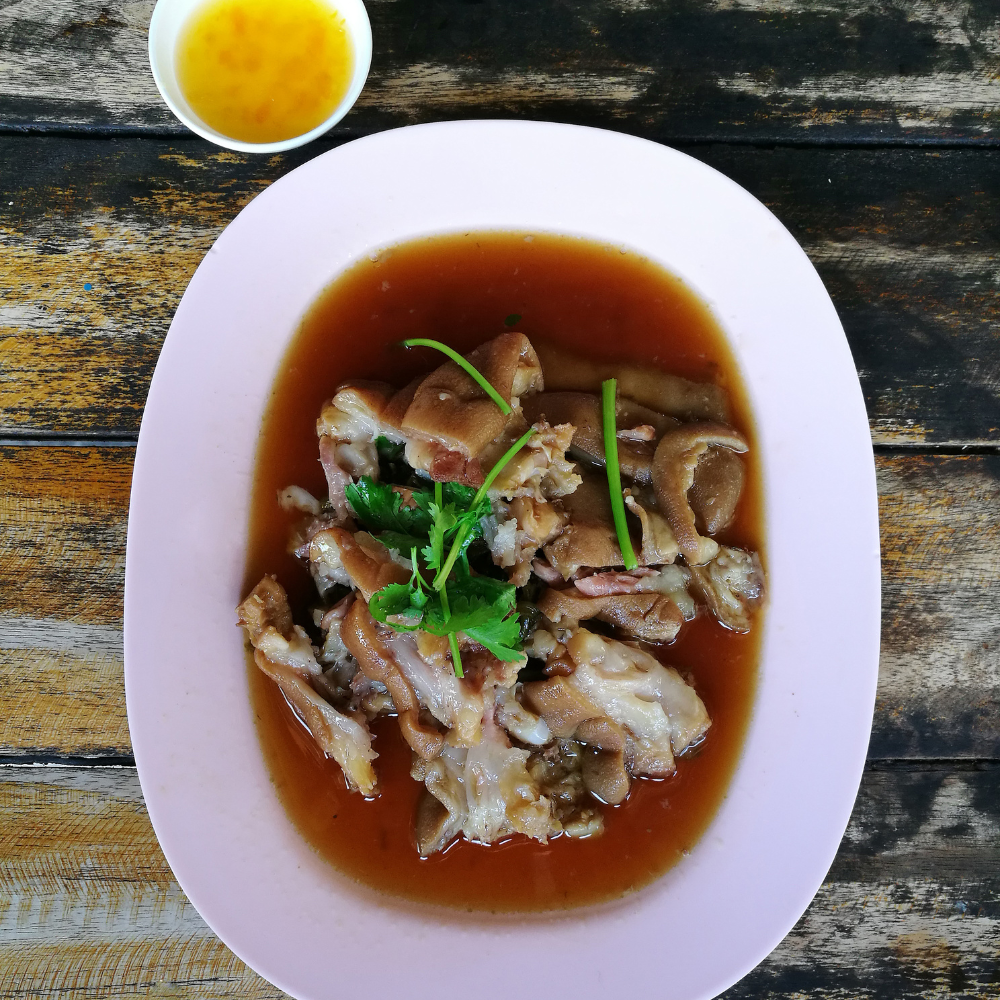Three dead while dozens ill after consuming sea turtle stew
Three people have died and at least 32 others were hospitalized in the Philippines after consuming an endangered sea turtle cooked in stew. The incident occurred last week in a seaside town in Maguindanao del Norte Province, where members of the indigenous Teduray community reported symptoms such as diarrhea, vomiting, and abdominal spasms following the meal.
Although it is illegal to hunt or consume sea turtles under the Philippines’ environmental protection laws, these marine creatures remain a traditional delicacy in some communities. Experts caution that sea turtles, even those appearing healthy, can become toxic if they ingest contaminated algae, posing significant risks when consumed.
In a recent incident, a sea turtle was prepared as adobo, a beloved Filipino dish stewed in vinegar and soy sauce. Tragically, the toxic effects were not limited to humans. Local official Irene Dillo reported that animals such as dogs, cats, and chickens, which were also fed the sea turtle, succumbed to its harmful effects.
Authorities are investigating whether algal contamination or other factors contributed to the fatalities. The incident underscores the dangers of consuming wildlife, particularly endangered species, while reinforcing the importance of adhering to conservation laws to protect human and animal health.
Datu Blah Sinsuat, a coastal town renowned for its white sandy beaches and rich marine resources, relies heavily on seafood for sustenance. Despite the availability of safer alternatives such as lobsters and fish, residents chose to consume the endangered sea turtle, a decision local official Irene Dillo regretted.
Most of the individuals hospitalized after the incident have since been discharged, though the three who died were buried immediately in accordance with local cultural traditions.
In response, local councillor Datu Mohamad Sinsuat Jr. has called for stricter enforcement of the ban on sea turtle hunting in the region. He pledged to prevent similar tragedies by raising awareness about the risks of consuming these endangered animals and reinforcing conservation laws. The incident has highlighted the critical need to protect both human health and marine biodiversity through education and stricter adherence to wildlife protection measures.
Sea turtles are among the most threatened marine species globally, with most classified as endangered. Philippine law prohibits their collection, harm, or killing. Despite this, cultural practices in some areas continue to include hunting sea turtles for their meat and eggs, which are believed by some to have medicinal properties.
This incident is not an isolated case. In 2013, a similar tragedy unfolded in Eastern Samar Province, where 68 individuals became seriously ill and four died after consuming a sea turtle. These recurring events underscore the inherent risks of consuming wildlife, particularly endangered species like sea turtles, which can carry toxins from contaminated algae. Despite their endangered status and the legal prohibitions on hunting or consuming them in the Philippines, traditional beliefs about their meat and eggs having medicinal properties persist in some communities.
The recent deaths and illnesses in Maguindanao del Norte highlight the urgent need for enhanced public education on the health risks and environmental consequences of consuming endangered wildlife. Authorities hope that this tragedy will serve as a catalyst for stronger enforcement of conservation laws and better awareness campaigns. Protecting these species is not just about preserving biodiversity but also about safeguarding human lives from preventable harm.









